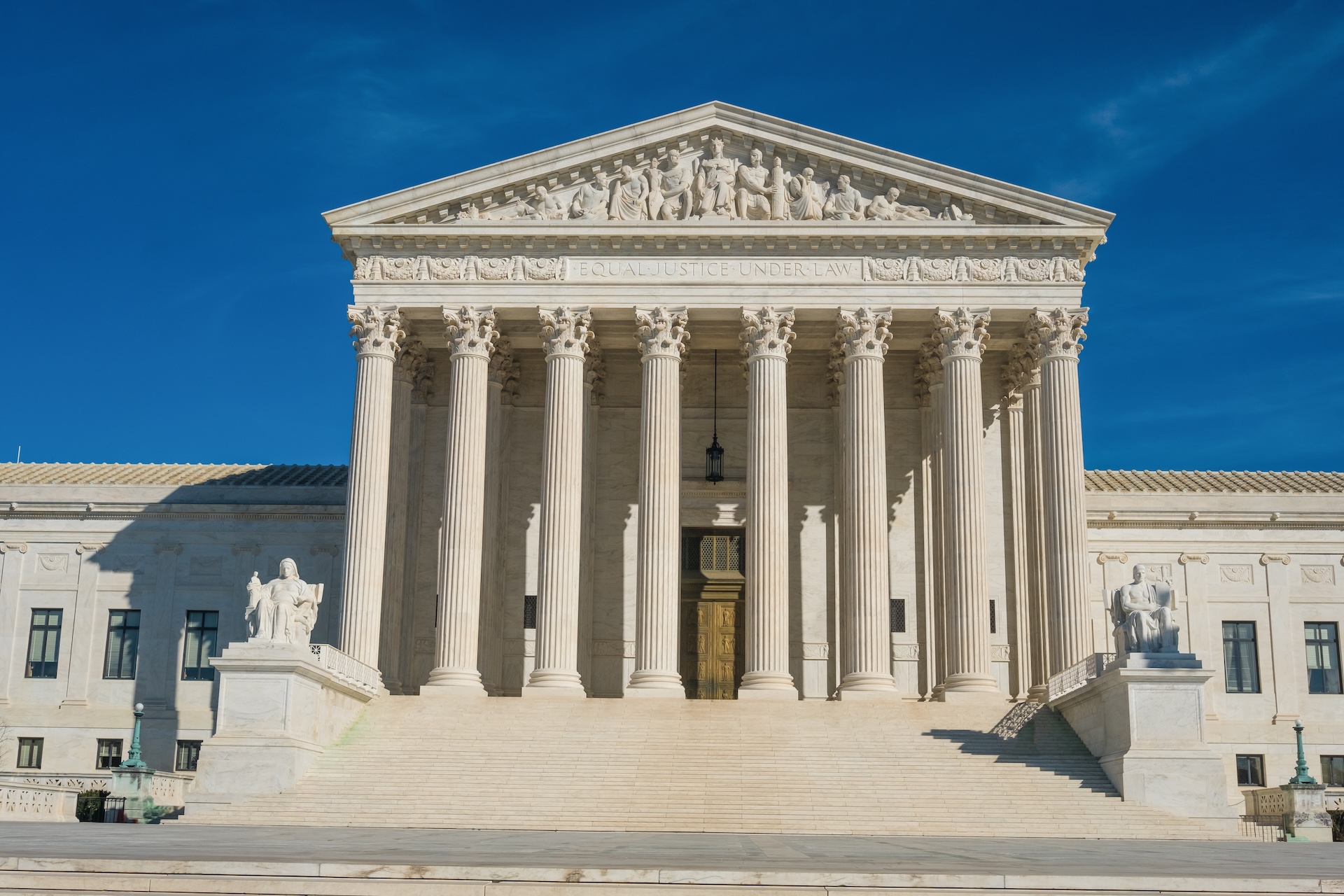DWI Deferred Adjudication in Texas: A Second Chance with Serious Conditions
Being arrested for Driving While Intoxicated (DWI) in Texas is a life-altering experience. The potential consequences, fines, jail time, license suspension, and a permanent criminal record, can impact your family, finances, and future. Fortunately, some first-time offenders may now qualify for a form of legal relief called Deferred Adjudication.
At Griffin & Cain, Attorney at Law, PC, we help clients in Conroe, The Woodlands, and across Montgomery County explore every available legal option to protect their record, license, and reputation. In some DWI cases, deferred adjudication can provide an opportunity to avoid a conviction, but only if you understand its requirements and implications.


What Is Deferred Adjudication?
Deferred adjudication is a type of plea deal in which the defendant pleads “no contest” or “guilty” to a charge, but the court defers entering a formal judgment of guilt. Instead, the defendant is placed on a period of community supervision (probation) with specific conditions.
If the defendant successfully completes probation, the case does not result in a final conviction. However, if they violate the terms, the judge may enter a conviction and impose the original sentence, which could include jail time.
Deferred Adjudication Wasn’t Always Available for DWI
Historically, Texas law prohibited deferred adjudication for DWI charges. This changed with the passage of House Bill 3582, which took effect on September 1, 2019. Under this law, first-time DWI offenders may be eligible for deferred adjudication in certain cases, giving them a chance to avoid a final conviction, though not without conditions.
Who Is Eligible for DWI Deferred Adjudication in Texas?
First-Time Offender
You must not have any prior convictions or prior deferred adjudications for DWI or similar intoxication-related offenses.
No Prior Convictions for More Serious Offenses
You cannot have been convicted of:
- DWI with a blood alcohol concentration (BAC) of 0.15 or higher
- DWI with a child passenger
- Intoxication assault or intoxication manslaughter
Prosecutor and Judge Approval
Even if you meet the basic qualifications, prosecutors are not required to offer deferred adjudication, and judges are not obligated to accept it. Your attorney must negotiate the terms as part of a plea deal.
What Are the Terms of Deferred Adjudication for DWI?
If you are granted deferred adjudication, you will be placed on community supervision, also known as probation. Conditions typically include:
- Completion of a DWI education program
- Installation of an ignition interlock device (IID)
- No consumption of alcohol
- Regular reporting to a probation officer
- Random drug/alcohol testing
- Community service
- Payment of fines, court costs, and supervision fees
The length of supervision can vary, but it typically lasts up to 24 months for a misdemeanor DWI. If you complete all requirements successfully, your case ends without a conviction.
Is Deferred Adjudication the Same as Expungement?
No. Even though deferred adjudication can help you avoid a conviction, it does not remove all traces of the arrest or charge from your record.
However, you may be eligible for an Order of Nondisclosure (a type of record sealing) once you successfully complete the deferred adjudication and any required waiting period. This limits who can see the record, though law enforcement, licensing agencies, and certain government entities will still have access.
Benefits of Deferred Adjudication for DWI
For those who qualify, deferred adjudication offers several important advantages:
Avoids a Formal Conviction
Unlike a standard guilty plea, deferred adjudication keeps a conviction off your criminal record (if completed successfully).
May Qualify for Nondisclosure
After a waiting period, you may petition for an Order of Nondisclosure, which seals your record from most public background checks.
No Jail Time (Usually)
Most deferred adjudication agreements include probation instead of jail, allowing you to continue working and supporting your family.
Preserves Some Future Opportunities
Avoiding a conviction may protect your ability to qualify for jobs, professional licenses, housing, and other opportunities that could be denied with a DWI conviction.
Drawbacks and Limitations
While deferred adjudication can be beneficial, it is not a “free pass.” There are still risks and consequences to consider:
Still Counts as a Prior Offense
Even without a formal conviction, a DWI resolved through deferred adjudication can be used against you in future cases. If you are charged again, it may enhance the penalties, just like a prior conviction would.
Not Automatically Sealed
To protect your record, you must petition the court for an Order of Nondisclosure. This is not automatic and can be denied in some cases.
Strict Probation Requirements
Deferred adjudication often comes with strict terms. Any violation, like missing a meeting or failing a test, can lead to revocation, resulting in a conviction and sentencing.
No Jury Trial
When you accept deferred adjudication, you waive your right to a trial. You place your fate in the hands of the judge, and must fully comply with the court’s supervision.
Common Questions About DWI Deferred Adjudication
Can I get deferred adjudication for a felony DWI?
No. Deferred adjudication is not available for felony-level DWIs, including DWI with a child passenger, intoxication assault, or manslaughter.
Will deferred adjudication protect my license?
Not necessarily. Even if your case ends without a conviction, you may still face Administrative License Revocation (ALR) for refusing or failing a chemical test. We help clients fight both the criminal and license suspension processes.
Can I get a nondisclosure immediately after probation?
Not always. For most first-time DWI cases, there is a 2-year waiting period after successful completion of deferred adjudication before you can petition for nondisclosure. Some exceptions apply.
We’re Available To Speak With You
Contact Our Office
Today
We will provide a complimentary consultation so that you can discuss your issue with us. Get started by calling us or contacting us via email, and we will respond as soon as possible.
A Few Words From Satisfied Clients
From the start, John approached my case with compassion, integrity, and a deep understanding of how high the stakes were for my family. He listened closely, advised me wisely, and fought with heart and determination to ensure that our side of the story was heard. He treated me not just as a client, but as someone whose voice and lived experience mattered deeply.
Throughout this difficult journey, John never wavered. His professionalism, responsiveness, and strategic guidance gave me strength and confidence even in the most uncertain moments. He and his team poured countless hours into preparing a case grounded in truth, love, and the best interests of my granddaughter.
Though the final decision was not what we had prayed for, I will always be thankful for the dignity, support, and relentless effort John and his firm gave to our family. I would recommend him wholeheartedly to anyone seeking strong, ethical, and empathetic representation.
With deep appreciation,
Rhonda Brown
Texas
What stood out the most was his ability to resolve my legal matters in a way that allowed me to continue living my life stress-free. Knowing he had everything under control gave me such peace of mind. He was always available to answer my questions and made me feel like a priority every step of the way.
If you’re looking for a reliable, communicative, & skilled attorney, I wholeheartedly recommend John Herbig! He made a difficult situation so much easier to navigate, and I’m truly grateful for his work. Thank you John!
How We Help: DWI Defense Lawyers in Montgomery County
At Griffin & Cain, Attorney at Law, PC, we don’t assume that deferred adjudication is the best option for every client. We evaluate every angle of your case, testing procedures, traffic stops, witness statements, to determine whether a full dismissal or not guilty verdict is possible.
When deferred adjudication is the most strategic option, we work to:
- Negotiate favorable terms with prosecutors
- Advocate for limited supervision periods
- Avoid unnecessary restrictions or fines
- Prepare and file petitions for nondisclosure once eligible
We stand by your side from the moment of your arrest until your case, and your future, are resolved.

We’re Available To Speak With You
Contact Our Office
Today
Phone:
Email:
info@griffinandcain.com
Address:
400 W. Davis St., Suite 200. Conroe, TX. 77301
